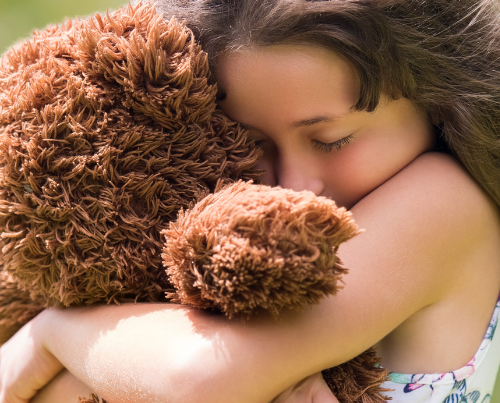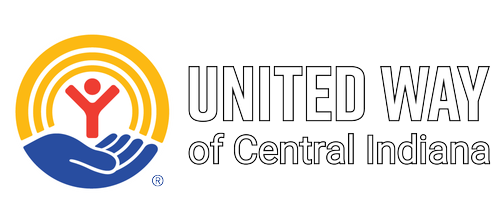Bridget broke our hearts, because she was convinced she was irreparably broken. “I’m dumb” she’d tell her mentor as she struggled with the lessons we provided. She would watch her fellow residents take on new jobs or attend college classes, convinced that she lacked the ability to do the same.
Before abuse drove Bridget and her four children to Sheltering Wings, she had been a stay-at-home mother who operated a home daycare. With little education, she performed the work she loved, and she was good at it. She never envisioned doing more with her life. While under our roof, Bridget landed a full-time job at a nearby daycare. It helped her pay the bills but didn’t offer much in the way of financial security for her and the kids.
We paired a mentor with Bridget, and as the mentor got to know her, she saw abilities and enthusiasm that the young mother couldn’t yet see. When the mentor praised her for the work she did and her skills as a mother, Bridget dismissed the compliments. When the mentor suggested taking a college class, Bridget replied, “I could never go to school because I don’t even know how to turn on a computer.”
The mentor replied by standing up and asking Bridget to come with her. She walked her to our computer lab and showed her how to turn the computer on. Then she showed Bridget how to set up an email account. It took some more convincing, but several months later, the mother who saw herself as stupid signed up for her first class. Before long, Bridget was majoring in Early Childhood Development and had earned a promotion at work while maintaining a 4.0 grade-point average.
That’s the basic idea behind the Life Skills program at Sheltering Wings. Often, those we serve have been abused for so long that they see little or no potential in themselves. They’ve heard they’re stupid, they’re no good, they have no value and can’t do anything right. But with the support of our staff, a loving team of mentors, community partners, and the generous individuals who provide financial support, people like Bridget develop a different vision for their lives, and we support that vision with the training and resources they need to thrive.
What happened to Bridget? She graduated after leaving Sheltering Wings and became the daycare’s director. She’s now more than a survivor and more than a mother who is providing for her kids — she has become a role model for them, demonstrating the amazing power of replacing “I can’t” with “I can.”






